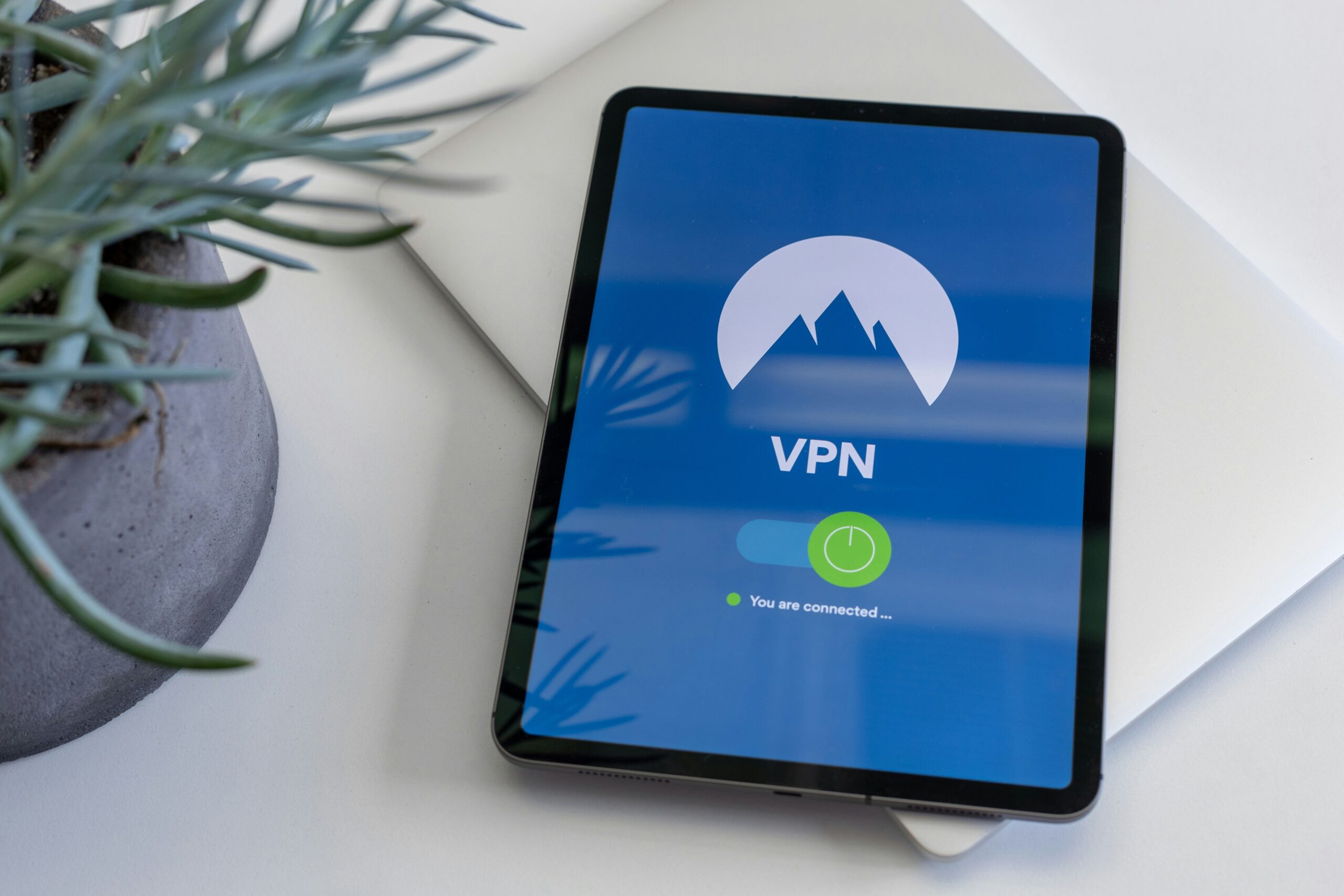
In an era where digital footprints are as personal as fingerprints, maintaining privacy online has become a paramount concern for many. The internet, while a marvel of modern technology, also poses significant risks to personal data and privacy. Virtual Private Networks (VPNs) have emerged as essential tools in the privacy toolkit, providing a robust layer of protection against an array of online threats. Let’s explore the critical role VPNs play in safeguarding your data in the digital age.
**Creating a Secure Tunnel for Your Data**
At its core, a VPN functions by creating a secure, encrypted tunnel through which your internet traffic flows. This encryption transforms your data into a code that can only be deciphered with the right key, significantly reducing the risk of interception by hackers, ISPs, or even government surveillance. Whether you’re using public Wi-Fi, shopping online, or simply browsing, a VPN ensures that your personal information, such as financial details, passwords, and private messages, remains confidential.
**Shielding Your Online Activities**
Every digital step we take leaves behind a trail of breadcrumbs, which can be collected to paint a detailed picture of our online habits, interests, and even our location. This data is a goldmine for advertisers, but it’s also a significant privacy concern. VPNs mask your IP address, the unique identifier that links your online activities to you, making your digital presence anonymous. By doing so, VPNs prevent websites, advertisers, and potential eavesdroppers from tracking your internet behavior, thereby preserving your anonymity online.
**Bypassing Surveillance and Censorship**
In some regions of the world, internet surveillance and censorship are harsh realities that impede free access to information and secure communication. VPNs have become critical tools for journalists, activists, and ordinary citizens in these areas, enabling them to circumvent censorship and protect their communications from government scrutiny. By routing your internet connection through a server in a different location, the best VPN can provide access to blocked websites and secure a safe space for free expression, even in the most restrictive environments.
**Choosing the Right VPN for Privacy**
While VPNs are powerful allies in the fight for digital privacy, not all services are created equal. The effectiveness of a VPN in protecting your privacy depends on several factors, including its logging policy, the strength of its encryption, and its jurisdiction. Opting for a VPN that follows a strict no-logs policy ensures that your online activities are not recorded or stored. Furthermore, choosing a provider based outside of the 14-Eyes alliance can offer additional protections against government surveillance.
In conclusion, as digital threats to privacy continue to evolve, the significance of VPNs in protecting personal data cannot be overstated. By encrypting your internet traffic, masking your online activities, and providing a way to bypass censorship, VPNs offer a comprehensive solution for securing your digital life. In the quest for privacy in the digital age, a reliable VPN is an indispensable tool, ensuring that your personal information remains just that—personal.